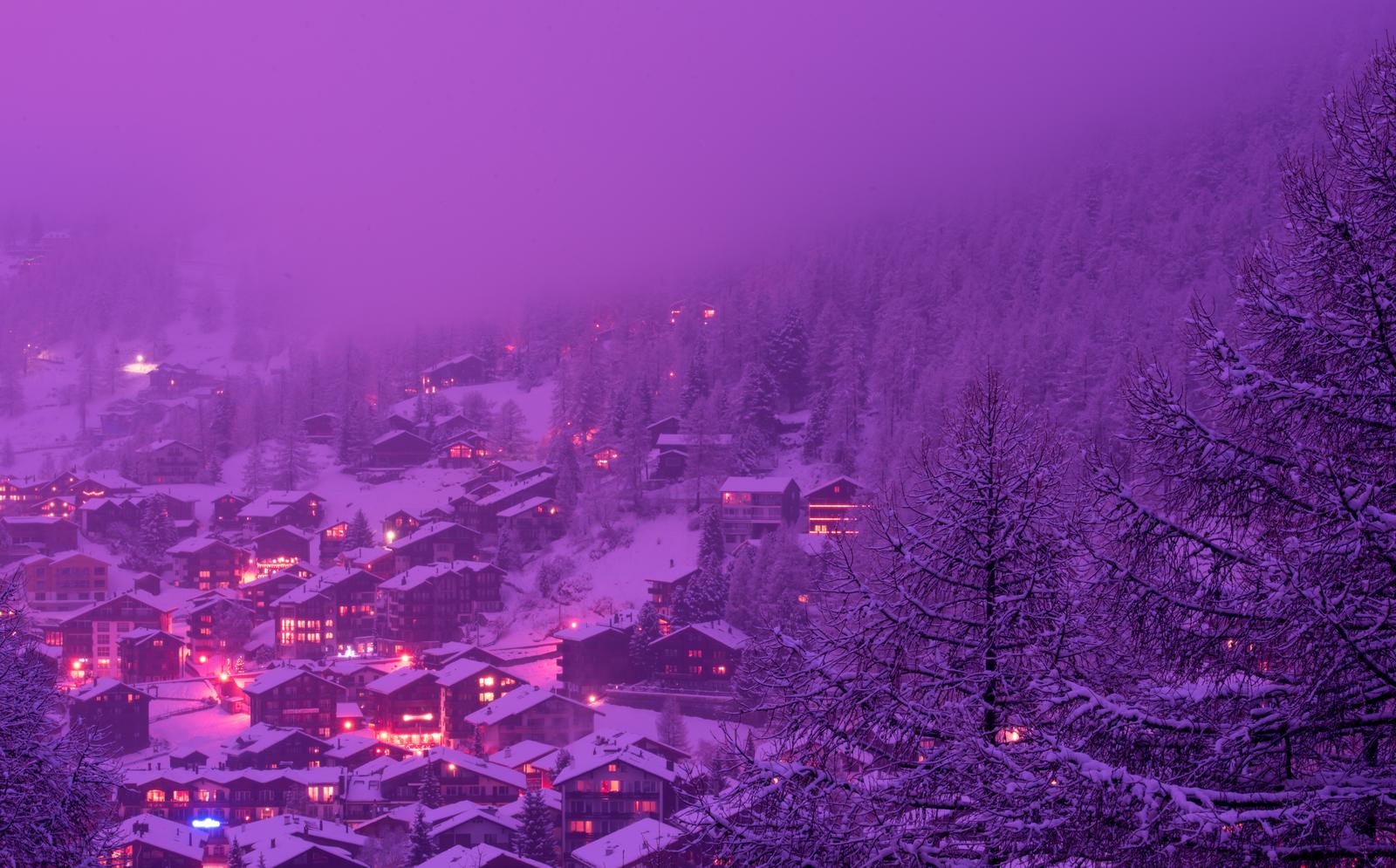About me and XMas
First of all, I’m an atheist and a humanist. And even if I were a theist, I would never take part in an organised religion, nor follow any doctrine, precept or celebration, including those of parodic or esoteric religions.
The “historical Jesus” is a concept historians quite agree upon. For me, he was a normal man who probably had some charisma and thus, followers (a bit like modern-era celebrities). Normally conceived and born, without any godly father!
And the birth of this normal man probably did not take place on the date that is commonly celebrated today, which is Christmas!
Now that some of you may be shocked, you can find out more about my beliefs and respect for the beliefs of others and my human values on my “About me” page.
That said, I love this time of year, with the decorated tree, family gatherings and gift exchanges. It was even better when my parents were alive and my children were small, with all the presents and toys!
I also love Christmas markets and town decorations. And of course the reflection of the decorations on the snow-covered villages if I travel a little way up around here. And I much prefer the colder seasons to the warmer ones anyway!
I consider that I celebrate this date in a secular way.
History
When Christians, coming from the middle east, converted the ancient existing beliefs in Europe to christianity, they kept the existing celebration’s dates. This is a common result of syncretism, which ensures that the new religion has a better chance of being adopted by the existing populations.
For thousands of years, at least since the advent of agriculture, people have been celebrating the change of seasons. The fact that nature is at its darkest (in the northern hemisphere) at this time means that light will return, the sun will rise higher in the sky and the days will begin to lengthen from the winter solstice onwards.
This is why the date is celebrated universaly!
The Germanic and Scandinavian Yule
Also called Yuletide, this celebration was present through the whole north of Europe, celebrated in different ways. It is still celebrated today and was mixed with the Christian’s Christmas during the Christianisation of the Germanic peoples
Yule (also called Jul, jól or joulu) is a winter festival historically observed by the Germanic peoples that was incorporated into Christmas during the Christianisation of the Germanic peoples.
Wikipedia
China, Japan, Korea
In China we can find the Dōngzhì Festival 冬至
The origins of this festival can be traced back to the yin and yang philosophy of balance and harmony in the cosmos. After this celebration, it is believed that days will have longer daylight hours and therefore create an increase in positive energy flowing in
Wikipedia
Tōji in Japan
Small Seol in Korea
Indian Sub-continent
Makar(a) Sankranti (Sanskrit: मकरसङ्क्रान्ति) or Maghi
Even though at a bit later date, this festival also to celebrates the Sun and is observed to mark a new beginning.
Persian
Yaldā Night is an ancient festival in Iran, Afghanistan, Azerbaijan, Tajikistan, Iraqi Kurdistan, Uzbekistan, Turkmenistan, Dagestan and Turkey that is celebrated on the winter solstice.
Wikipedia
History: People of ancient times, were accustomed to the passing of seasons and natural contradictions throughout the year due to experience. They did their work and activities by rotating the sun and changing seasons and heights.
Southern Hemisphere
Obviously, the winter solstice takes place in June in the southern hemisphere, and here again we see the importance of the change of season. Here, Inti Raymi, from the Inca Empire.
Other
Ireland
Ancient Rome (more about Saturn than about the Sun)
Find more info about other Winter solstice celebrations
How did Christmas start?
This page on History.com at the “How did Christmas starts” paragraphs, explains well why the date was celebrated
The end of December was a perfect time for celebration in most areas of Europe. At that time of year, most cattle were slaughtered so they would not have to be fed during the winter. For many, it was the only time of year when they had a supply of fresh meat. In addition, most wine and beer made during the year was finally fermented and ready for drinking.
History.com
Happy festive time
Whatever your beliefs or practices, I wish you happy holidays, and if you don’t observe any, I hope you enjoy the “global non-working days” and spend some festive time with your family. If you don’t have any festive or family time, I wish you the same as all year round: the best! Love and peace!
Header picture: licensed via Yayimages, photo by Dotshock


Leave a Reply